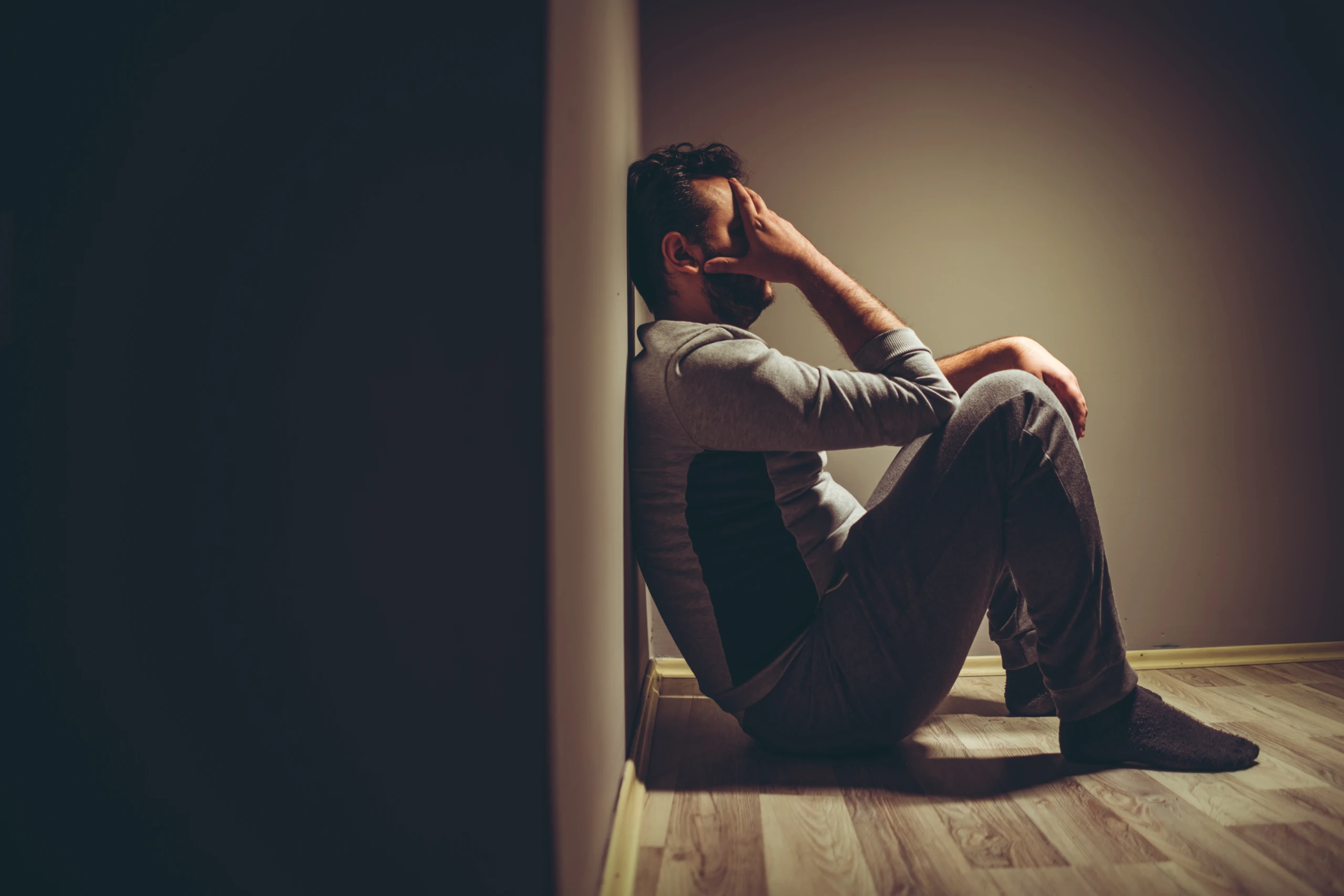All prescriptions come with warning labels and strict instructions on what can and cannot be taken in combination with the medication. For example, most medications recommend against drinking alcohol while taking one’s prescription as the combined effects can cause significant damage in the form of heightened side effects.
With medical marijuana use on the rise, it has become more common to look into the effects of combining marijuana with prescription medications as well. Marijuana affects the central nervous system, so using it with other drugs that do the same is cautionary.
Vyvanse, often used to treat symptoms of ADHD, is one such prescription that people ask, “Is mixing Vyvanse and weed safe?” And while research is still limited, certain indications cause doctors to recommend against it.
What is Vyvanse?
Vyvanse (generic name – lisdexamfetamine) is a prescription stimulant medication used to treat attention deficit hyperactivity disorder (ADHD) in adults and children five years of age or older, and moderate to severe binge eating disorder in adults. It is a central nervous system stimulant, meaning it works on chemicals in the nerves and brain to control impulsivity and reduce hyperactivity.
Vyvanse is classified by the DEA as a Schedule II drug, meaning it has a very high potential for abuse, and even though it is accepted as a substance with medical use under strict restrictions, it is known as a drug where misuse can lead to psychological and/or physical dependence.
For this reason, it is absolutely crucial that Vyvanse is consumed only as prescribed. Taking more frequent or higher doses of the medication can lead to an experience of intense side effects, and may cause increased risks to your physical and mental wellbeing.
Side effects of Vyvanse
Certain side effects of Vyvanse are positive, and can help those who struggle with symptoms of ADHD manage their symptoms. Vyvanse is often taken to help improve focus, attention and concentration, and benefit working memory and overall cognitive functioning. Vyvanse is also known to boost mood, as it stimulates a release of dopamine in the brain.
Vyvanse is also known to increase heart rate and blood pressure, which can have an impact on one’s energy levels. When Vyvanse is taken, you may feel an increase in energy and a greater capacity to accomplish tasks.
That being said, this physical impact of Vyvanse on the body comes with a cautionary label – a significant increase in heart rate and blood pressure can have damaging effects, especially if more than the prescribed dose is consumed, or the drug is taken more often than needed just in order to feel these energetic effects.
Additional side effects of Vyvanse include:
- Nervousness and anxiety
- Unwanted weight loss
- Changes in appetite
- Nausea and upset stomach
- Insomnia
- Irritability or mood swings
- Headache
- Dry mouth
- Dizziness
- Feeling jittery
Not everyone who takes Vyvanse will experience the above symptoms, and most individuals who are prescribed Vyvanse are able to take it without issue so long as they follow prescription instructions.
That being said, each person’s body will interact with the medication differently, so keeping communication with your doctor open and staying aware of negative side effects is important for preventing problems from occurring.
Are weed and Vyvanse safe to mix?
There is not much research which exists on whether or not maijuana and Vyvanse are safe substances to use in combination. This is one of the reasons people are cautioned against combining them – the effect it may have on an individual is just not understood well enough, so the risks of increased negative side effects may be high.
The research that does exist, however, indicates that combining stimulant medications with marijuana can lead to increased complications. One ADHD medication (methylphenidate), when used with marijuana, caused unwanted strain on the heart.
Additionally, marijuana can, over time, lead to decreased cognitive functioning. If you are using ADHD medication to increase cognitive functioning, this contradiction can cause your ADHD prescription to become less effective.
Marijuana and Vyvanse have similar side effects as well, and using the two together may cause an increase in said side effects – both may elevate heart rate and blood pressure, meaning the two together have the potential to cause increased strain on the cardiovascular system.
They also both impact mood – Vyvanse and marijuana use may cause an increase in mood swings, irritability and overall unwanted changes in behavior.
And Vyvanse and marijuana both have a potential for abuse and misuse. When used together, the risk may be increased and addiction may be more likely to occur as a result. In order to prevent addiction and dependence from occurring, prevention (namely avoiding mixing substances) is key.
Do you need treatment for substance misuse?
If you are struggling with proper medication management, are battling symptoms of ADHD and not feeling successful, or are seeking counseling for any other reason, Real Recovery is here to help.
To get in touch with a therapist today or to learn more about our recovery programs, contact Real Recovery by calling 855-363-7325 or by contacting us online at any time.





